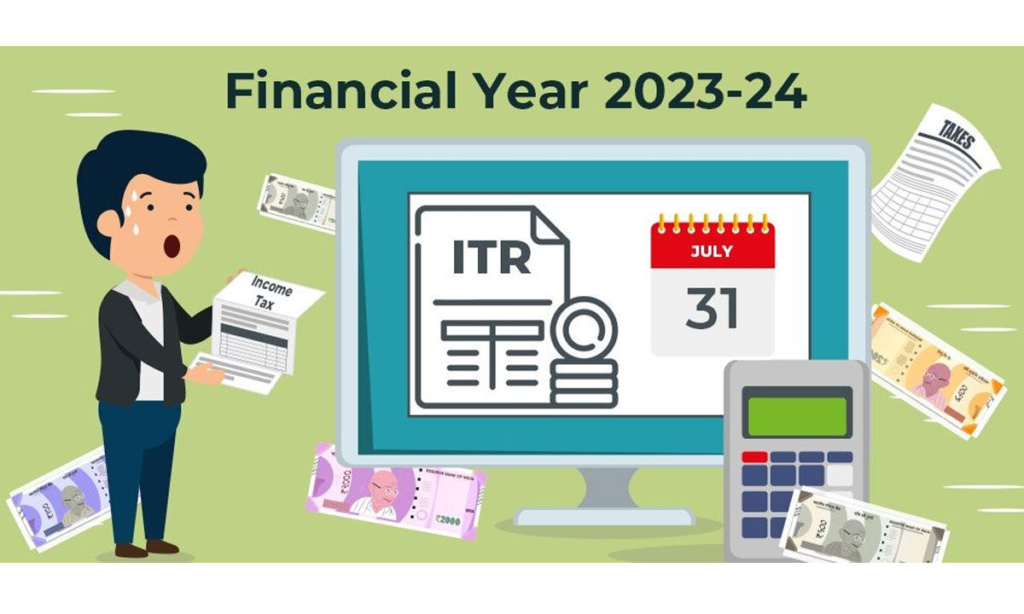MORE
April Fools’ Day or All Fools’ Day falls on April 1. It’s a day wherein pranksters enjoy a field day while pulling a leg or two. However, in the Indian context, the day has a serious significance. The country’s financial year begins on this very day and ends on March 31 of the following year.
The 2023-24 financial year began on Saturday and Narendra Modi government brought in several changes that rang in on this key date. These changes will obviously have an impact on people, both commoners and others, during the course of the financial year.
It is time we examine the possible that await us on the morrow.
In the individual income tax space, there are changes to the new income tax regime. The basic income tax exemption limit has been enhanced to Rs three lakh from Rs 2.5 lakh. However, under the new regime, there is no tax on those who earn up to Rs seven lakh in a year, which was Rs five lakh in the last financial year. Standard deduction is applicable in the new tax regime as well. Further, if someone doesn’t specifically opt for the old tax regime, the individual automatically falls under the new one. That means the new regime is made the default option for taxpayers.
Further, there is some relief for those with very high income levels. Those who earn more than Rs five crore in annual income will now have to shell out a lower surcharge of 25 per cent from the 37 per cent that existed last year. As a consequence, the highest tax rate in India now stands at 39 per cent, down from a high of 42.74 per cent.
However, the central government has done away with tax benefits on debt mutual funds. The investments in mutual funds, which were less than 35 per cent in equities, will be considered as short term capital gains. There are no indexation benefits for debt funds that investors hold for more than three years. The Centre made these changes by bringing in an amendment to the Finance Bill 2023 that was cleared by the parliament recently.
From this year, the central government is imposing tax on insurance premiums as well. To begin with, the tax is restricted to new life policies for savings if total premiums exceed Rs five lakh. Of course, unit linked insurance plans (ULIPs), term insurance and old policies are exempted from this.
These apart, there will be no capital gains tax on converting physical gold into digital gold. This step is aimed at promoting investments in digital gold. Other measures include tax deducted at source (TDS) on earnings from online games, reduced TDS on EPF withdrawals from the accounts that are not linked to PAN cards and tax exemption up to Rs 25 lakh on leave encashment by non-government employees upon their retirement.
Going by the changes for this financial year, the central government seems to have given some tax reliefs, but there is a strong feeling among a significant chunk of India’s population that taxation is rampant and very high now. This is more so with regard to Goods & Services Tax(GST). The Modi government will pay a price in the elections if it doesn’t rationalise the taxation system and reduce taxes. Tax compliance has not only become complex, but also burdensome for many. The central government should also address this. Further, prices of petroleum products, including liquefied petroleum gas (LPG), steeply rose in the last few years even though crude oil prices did not go up at that rate. The fact of the matter is that both the central and State governments impose steep taxes on petroleum products. But the State governments led by the political rivals of Bharatiya Janata Party (BJP) succeeded in building up a strong narrative that the Modi government is solely responsible for the steep prices.
But BJP seems unperturbed by the discomfort that the people are going through due to price rise and rampant taxes. Maybe, the saffron party is under the impression that Modi’s charisma will help it sail through such rough patches in the electoral waters when the country heads for General Elections in 2024.
It’s not an exaggeration to say that the saffron party is overly reliant on his charisma. But voters don’t get swayed by personal charisma when they face financial hardships. Furthermore, nationalism, Hindutva, chants of development and rhetoric against the Opposition will not work. This happened in 2004 when BJP went to the electorate with the ‘India Shining’ campaign. Moreover, BJP is seeking a third consecutive term at the Centre this time. Given this background, it’s time the Modi government listens to the murmurs at the ground-level and reduces the overall tax burden on people, if it intends to solidify its hat-trick pitch.
© Copyright 2023 | Powered by Hocalwire
© Copyright 2022 | Powered by Hocalwire

